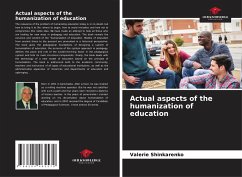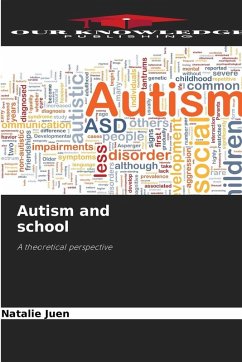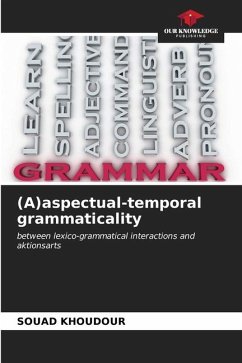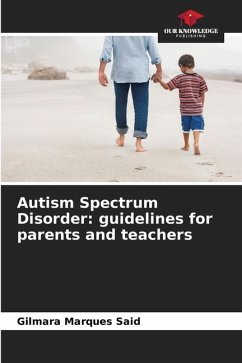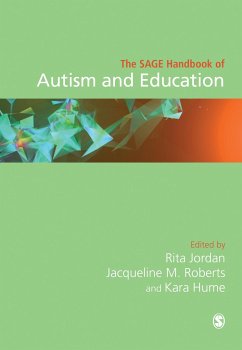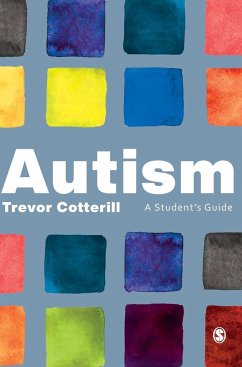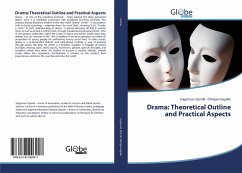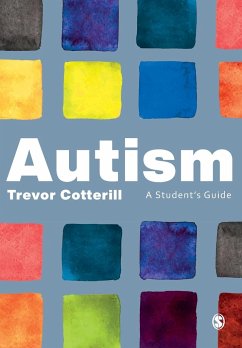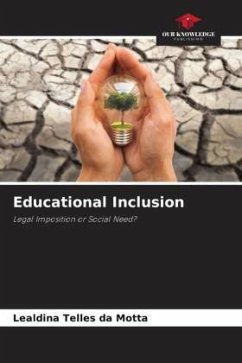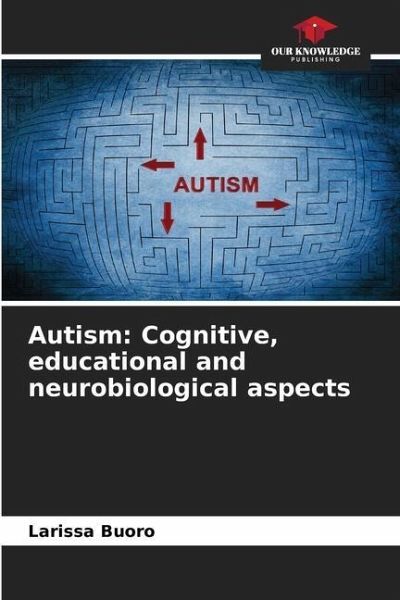
Autism: Cognitive, educational and neurobiological aspects
Versandkostenfrei!
Versandfertig in 6-10 Tagen
27,99 €
inkl. MwSt.

PAYBACK Punkte
14 °P sammeln!
Autism is a serious mental illness involving psychological, social, educational and neurobiological aspects. Education has an important role in the rescue, preservation and expansion of cognitive activity of the subject with autism. There are several ways of seeing a person with autism. Through the reading of cases it is also possible to address issues of daily life of the subject with the disease, their cognitive problems and their obstacles of psychosocial engagement, as well as psychological aspects such as acceptance of the disease. Through specialized literature, it is possible to identif...
Autism is a serious mental illness involving psychological, social, educational and neurobiological aspects. Education has an important role in the rescue, preservation and expansion of cognitive activity of the subject with autism. There are several ways of seeing a person with autism. Through the reading of cases it is also possible to address issues of daily life of the subject with the disease, their cognitive problems and their obstacles of psychosocial engagement, as well as psychological aspects such as acceptance of the disease. Through specialized literature, it is possible to identify aspects related to the learning process and neurobiological components involved in the picture, such as alterations in brain activity and genetic factors. In this book it is intended to characterize cognitive and psychosocial aspects of autism as well as to identify cognitive and neurobiological components of the disease. The methods that were used: Analysis of the books "Singular World: understand Autism" and "Cats never lie about love" for characterization of psychosocial and educational aspects of autism.



